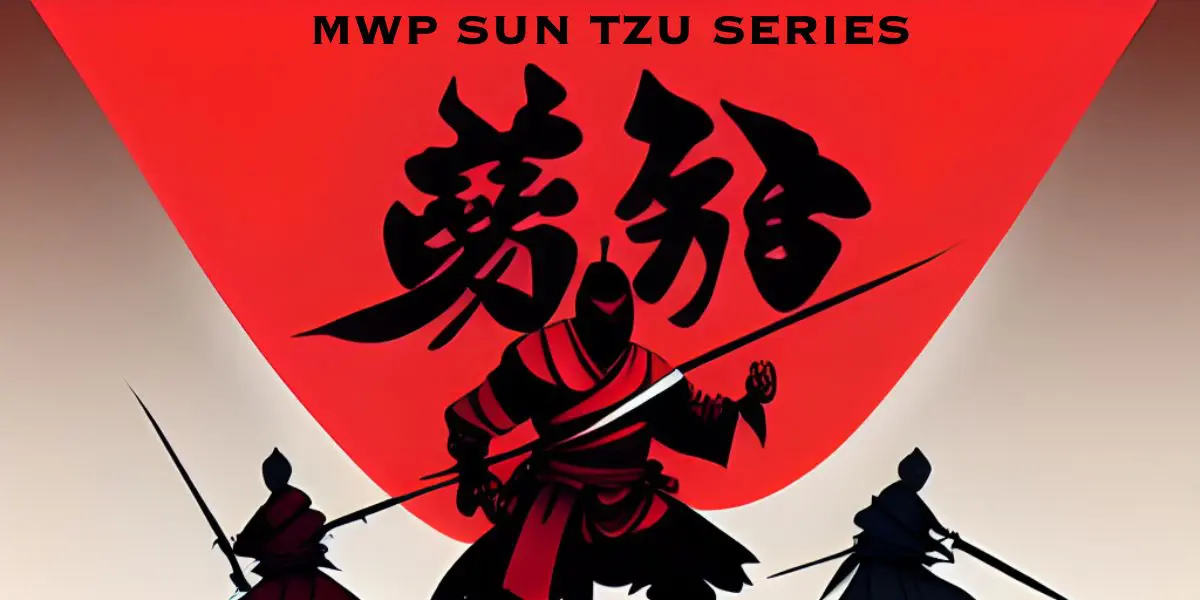The Art of War, written by Sun Tzu, is a classic military treatise that transcends time and offers valuable insights into the principles of warfare. In this article, we will explore a crucial section of the book that emphasizes the importance of five essential factors for every general. We will delve into how these principles can be applied to the context of today’s modern warrior.
- The Moral Law: According to Sun Tzu, the Moral Law is the foundation that ensures complete accord between the people and their leader. In the modern military landscape, the moral law reflects the shared values, ethics, and integrity that guide the actions of our brave warriors. A strong moral compass helps build trust, loyalty, and unity within the ranks, laying the groundwork for success in any mission.
- Heaven and Earth: Heaven represents the external factors beyond our control, such as time, weather, and the overall environment. Earth signifies the tangible elements, such as geographical features and the battlefield itself. Today’s modern warrior must adapt to these changing circumstances, leverage technology, and make strategic decisions based on the ever-evolving dynamics of the battlefield.
- The Commander: The qualities of a successful commander remain consistent throughout history. Wisdom, sincerity, benevolence, courage, and strictness are essential virtues for a leader in any military setting. By embodying these traits, commanders inspire their troops, foster a sense of purpose, and lead by example, ensuring their soldiers give their best in both training and combat operations.
- Method and Discipline: Method and discipline encompass the organization, logistics, training, and adherence to standard operating procedures. In the context of today’s modern warrior, it involves the marshaling of forces, precise planning, thorough preparation, and the seamless execution of operations. Maintaining discipline is vital to ensuring cohesion and effectiveness within a unit.
- Strength and Training: The strength of an army lies not only in its numbers but also in the quality of its soldiers. Today’s modern warrior relies on rigorous training programs, continuous professional development, and the acquisition of new skills. Highly trained soldiers are better equipped to face the challenges of the battlefield, adapt to new technologies, and respond to complex and rapidly evolving threats.
The Art of War is a renowned ancient Chinese military treatise written by Sun Tzu, a military strategist and philosopher. Composed around the fifth century BC, it provides valuable insights into warfare and strategy.
Conclusion: The principles outlined in Sun Tzu’s section on the five essential factors provide timeless wisdom for today’s modern warrior. By understanding and applying these principles, military professionals can enhance their effectiveness, achieve victory in various operational contexts, and protect their comrades and their nation.
It is crucial to recognize that while warfare strategies have evolved, the core principles of effective leadership, strategic planning, moral integrity, adaptability, and disciplined execution continue to underpin the success of our modern warriors. As we navigate the ever-changing landscape of military operations, let us draw inspiration from the wisdom of Sun Tzu and ensure that these principles remain the bedrock of our approach to waging war.































